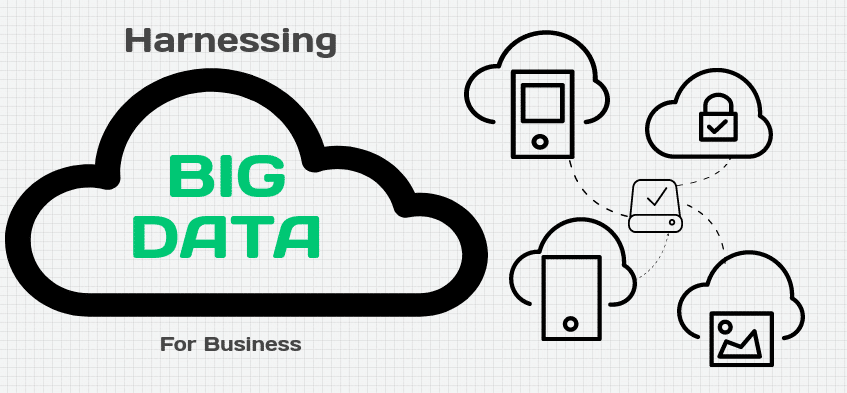
Harnessing Big Data for Business
Many have seen it coming for years. Others are now only just realising. But while the future of digital technology may not be all robots and hover boards, it is changing the way companies operate. Big data is here. However, many companies aren’t taking advantage. A report from McKinsey and Co notes that harnessing big data could be the key to success for many businesses.
Big data presents untapped business potential
Big data has changed the way companies like Amazon and Netflix respond to their customers in a way brick and mortar shops and movie stores could never replicate. The ability of these sites to give more accurate recommendations is the result of big data.
While there is a lot of potential in big data, much of the value is not being realised. While a 2011 MGI report claimed there was growth potential in US healthcare data, only 10-20% had been captured by 2016.
The biggest area of growth was location-based data, capturing 40-60% of its value, however even so, there is space for improvement.
Companies can start harnessing big data not only in transforming their core operations, but also in setting up new sectors. Firms leading the charge are beginning to break into different industries beyond where they started. Big data is here to stay, and those who are using it well are often monopolising the markets they’re a part of.
Adapting for big data
For established companies, the difficulty embracing big data comes from the baggage of the current systems. For start-ups and digital companies, they have always worked with analytics. Attempting to overhaul an existing system isn’t just about buying the technology. It’s about changing company culture, developing talent, and planning with the technology.
Making big data part of the company requires seeing it as one of the primary missions for the future. Making a commitment to incorporation can be more important than simply saying “yes.” Companies should integrate their data and analytics, ensuring they cultivate both talent and infrastructure to support the move.
Because the leaders in using big data have already claimed so much ground, newcomers have to move faster than before. Even now, new data sets and platforms are disrupting again this already volatile area. Integration is making it possible for companies like Roubler to consolidate HR software onto one app. Granular data could help bridge the gap for big data in healthcare due to its accurate and personalised nature. Hyperscale businesses could be serving millions of customers a day.
Big data is simply changing the way you do business. No longer must you take guesses at customer needs. Data gives you the algorithms to figure it out. It would be no stretch of the imagination to say with the next generation of workers, every industry will be using big data in some way. Those who start harnessing big data now, and find the talent to work with it well, stand a far better chance of collecting value.